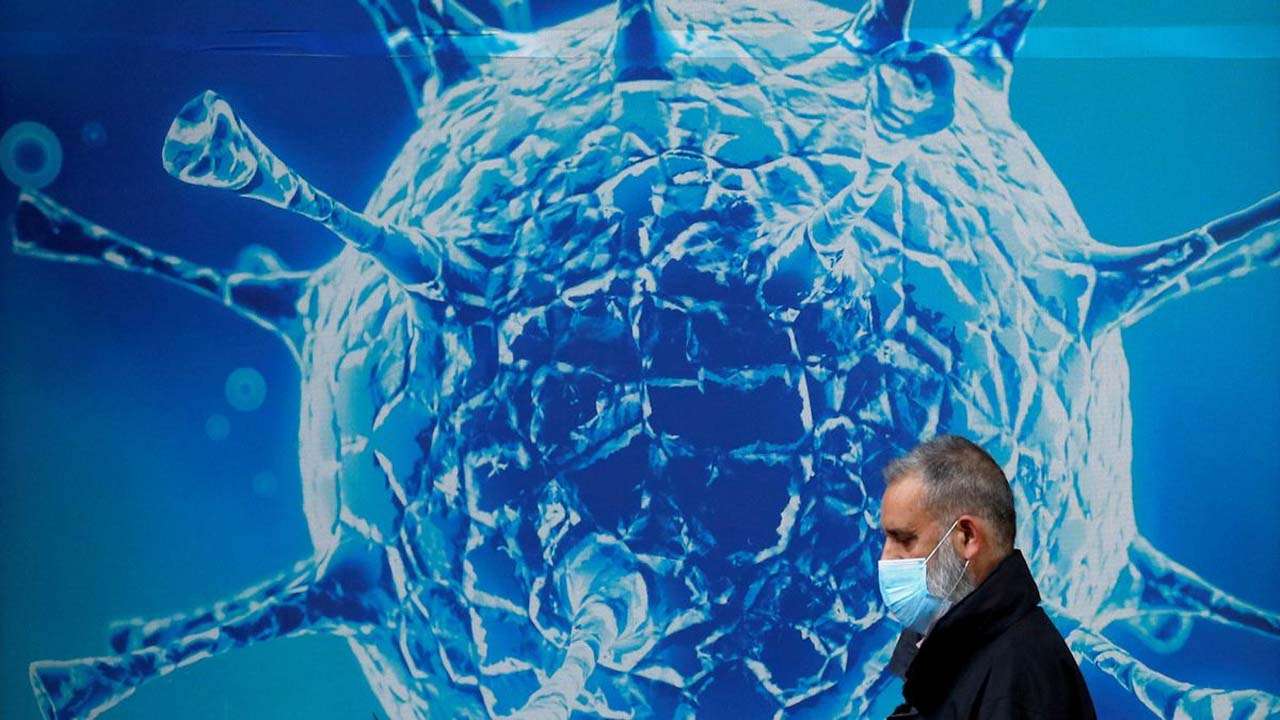
The Delta variant or B.1.617.2 strain of SARS-CoV-2, which was the main reason behind the deadly outbreak of the second wave of the COVID-19 pandemic has further mutated to form the 'Delta plus' or 'AY.1' variant.
The initial data suggests that the 'Delta plus' variant shows signs of resistance against the monoclonal antibody cocktail treatment. This treatment for COVID-19 was recently authorised by the Central Drugs Standard Control Organisation (CDSCO). However, there is no indication yet of the severity of the infection yet.
India has reported six cases of Delta plus as of June 7. Delta Plus cases around the world include one case each in Canada, Germany, and Russia, two from Nepal, four from Switzerland, nine from Poland, 12 from Portugal, 13 from Japan, and 14 from the US.
The Delta variant or B.1.617.2 strain has further mutated to form the 'Delta plus' or 'AY.1' variant.
There is no indication yet of the severity of the disease due to the new variant.
Delta Plus (AY.1) is resistant to monoclonal antibodies cocktail.
It is not yet a variant of concern (VoC) in India, due to low incidence.
One of the emerging variants is B.1.617.2.1 or AY.1 is characterized by the acquisition of K417N mutation.
The mutation is in the spike protein of SARS-COV-2, which helps the virus enter and infect the human cells.
63 genomes of Delta (B.1.617.2) with the new K417N mutation have been identified by the GISAID so far.
Delta plus was present in six genomes from India as of June 7, as per Public Health England (PHE).
The variant frequency for K417N is not much in India at this point in time. The sequences are mostly from Europe, Asia and America.
The earliest sequence of this genome was found in Europe in late March this year.